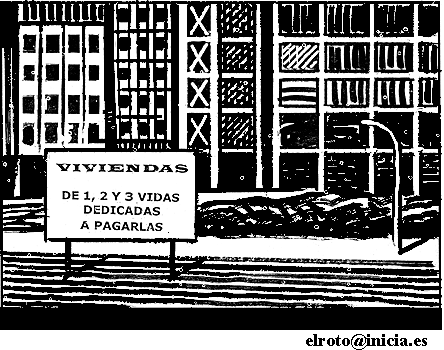The two reasons for John Bruton’s current public prominence in Ireland -his endorsement of John Redmond as an Irish political hero, and his guffawing appearance in front of Irish American legal and business elites where he said governments would have to “default” on their obligations to public welfare provision- are closely related.
Before looking at the relation between the two, however, it’s worth wondering why he’s given any attention at all.
Someone in the Irish Times letters page yesterday rebuked Bruton for celebrating Redmond and denigrating the Easter Rising, saying that it was thanks to the latter event that Bruton had become Taoiseach of an independent republic. But wait. Why would an independent republic pay any heed to what a former political leader had to say when it is for no apparent reason other than the fact that it is he who is saying it?
Since his career as a public representative ended, Bruton has consistently appeared on RTÉ as an eminence grise. On Ireland’s public broadcaster, where the fact of being a former Taoiseach accords Bruton the gravitas his own intellect could never muster, his current role as finance lobby mouthpiece is passed over in silence, and he is allowed to recite Thatcherite dogma as the revealed truth without a hint of a challenge. Needless to say that this is a broadcasting imbalance that has yet to trouble the Broadcasting Authority of Ireland.
Classical republicanism would have it that both political leaders and the citizen body as a whole are required to cultivate the virtues. The idea that citizens ought to entertain the frenzied historical flatulence of a patent mediocrity such as Bruton would be alien to any republic worthy of the name.
Bruton’s public interventions, on the matter of state commemorations and in particular the matter of the 1916 Rising and John Redmond as the true Irish hero of the period, have been facilitated by a press committed both to the worship of power and status and to the denigration of democratic dispute and critique.
If Bruton’s opinion is deemed reliably newsworthy, it is because it articulates strong currents of feeling already present in Ireland’s media establishment. These include: fear of Sinn Féin in government and of militant Irish republicanism; a sense of duty towards the utterances of Very Important People, and Irish State Notables in particular; and an anxiety to create a coherent and all-encompassing State narrative that minimises controversy and maximises a quietist neoliberal consensus.
Bruton’s ejaculations are reminiscent of so-called ‘revisionist’ historians and commentators, and they are particularly reminiscent of his former adviser Eoghan Harris.
A central concern of Harris’s career as a media manipulator has been what he calls the slaying of sacred cows. By Harris’s lights 1916 would be one such sacred cow. The idea that states should provide universal health care or universal pensions would also fit the bill. The act of slaying such sacred cows in public can appear quixotic, but it has the effect of loosening up public opinion and shifting the bounds of public debate further onto your own terrain.
This kind of iconoclasm is presented as the gesture of the brave outsider, the obstinate dissenter. But iconoclasts are by no means outsiders by definition. It was quite common, as Milton noted, for Greek rulers to carry out acts of iconoclasm in order to restore the populace to the way of the true religion.
In this case, Bruton’s iconoclasm is conducted from his position ensconced amid Ireland’s financial and economic elites. The true religion in this case is private property and capitalism, and the ‘sacred cow’ to be slain is, quite simply, democracy.
The exaltation of Redmond as a secular saint, then, is precisely because of his status as a public representative who was content to offer up the multitude for slaughter on the altar of Empire, and who felt unbound by any sense of democratic obligation. As the political figurehead for Ireland’s finance lobby, which is ever anxious to turn the State into an organ of greater repression, greater exploitation, it is small wonder that Bruton looks upon Redmond as a role model.

